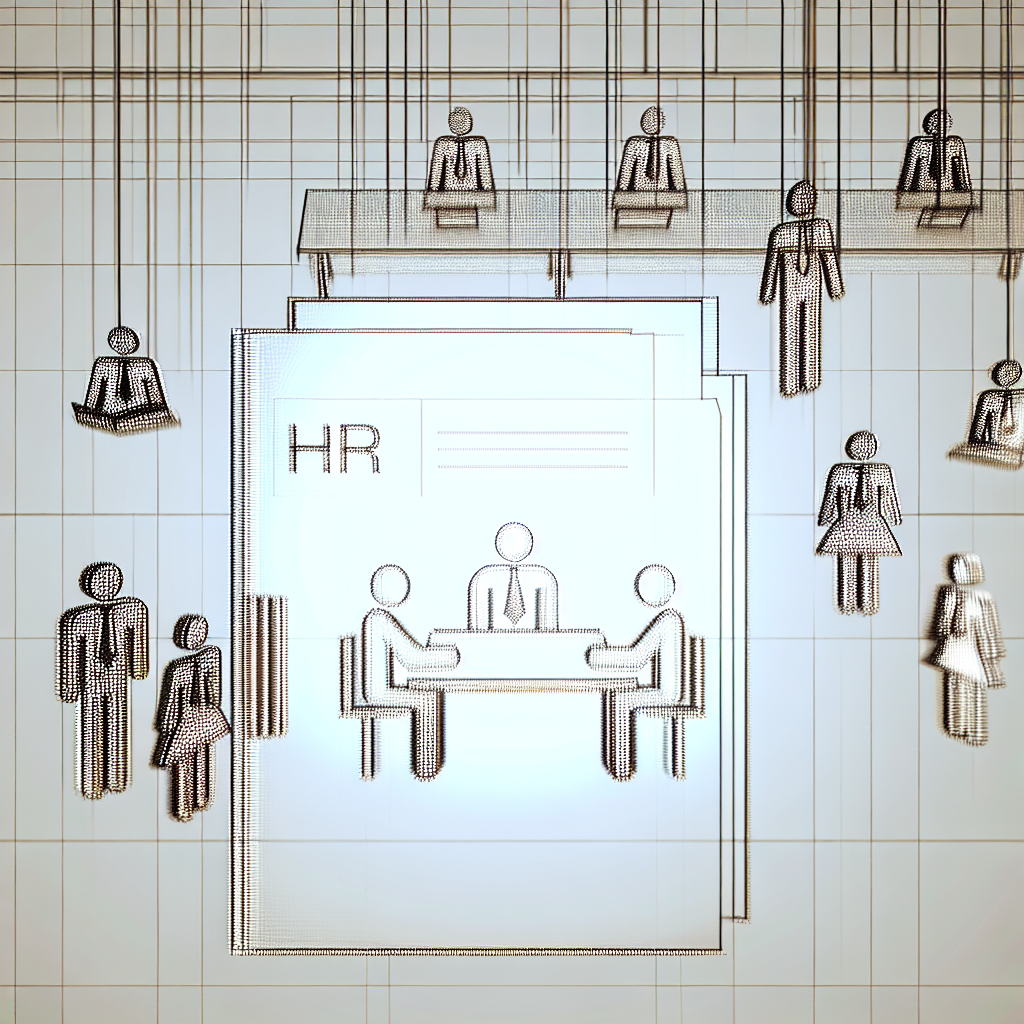
In today’s competitive landscape, the significance of well-crafted HR policies cannot be overstated. They serve as the backbone of effective organisational management, guiding employees through their roles and responsibilities while ensuring compliance with employment legislation. For human resource professionals, understanding good HR policies is not just valuable; it is essential for organisational success. In this article, we’ll explore the importance of sound HR policies, the current trends shaping them, and the tangible benefits they can offer.
Significance of Good HR Policies
Employee Guidance
A well-structured HR policy acts as a reference point for employees, providing them with clear guidelines and expectations. This clarity is vital; it reduces confusion about roles and fosters a profound sense of belonging among staff members. When employees have a comprehensive understanding of the organisational culture and their contributions to it, they are more likely to be engaged and committed.
Compliance
HR policies are critical in ensuring that organisations comply with various labour laws and regulations, including employment standards and data protection acts. Adhering to these regulations protects the company from potential legal issues and reputational damage, allowing HR professionals to create a safer and more equitable workplace.
Current Trends in HR Policies
Technology Integration
The adoption of technology within HR is rapidly increasing. Many companies are utilising HR software to streamline processes, enhancing efficiency across recruitment, employee onboarding, performance management, and benefits administration. This technology not only simplifies HR tasks but also provides real-time data that can facilitate informed decision-making, a fundamental aspect of contemporary HR practices.
Employee Wellness
Recent years have seen a marked shift towards prioritising employee wellness. This encompasses developing policies that support mental health, offering flexible working hours, and implementing employee assistance programmes. Such initiatives are essential for enhancing the well-being of staff, ultimately leading to increased productivity and engagement.
Key Benefits of Good HR Policies
Enhanced Employee Engagement
Well-defined policies contribute to a transparent work environment, which has a profound impact on employee engagement levels. When employees know what is required of them and how their work aligns with organisational goals, they are more motivated to contribute actively.
Improved Productivity
Effective HR policies provide a fair framework for addressing employee concerns and managing conflicts. This reliability contributes to reduced turnover rates and stabilises the workforce, promoting better teamwork and collaboration. Ultimately, this fosters an increase in productivity, as teams work more cohesively towards shared objectives.
Better Decision-Making
Structured HR policies equip organisations with the necessary frameworks for decision-making. When decisions align with the organisation’s goals and values, they lead to more consistent and informed outcomes, benefitting both the company and its employees.
Crafting Effective HR Policies
As HR professionals look to refine their policies, several key elements should be carefully considered:
- Inclusivity: Ensure policies reflect the diverse needs of your workforce, creating an inclusive environment where all employees feel valued.
- Clarity: Policies should be written in clear, accessible language to avoid misinterpretation and confusion.
- Regular Review: Conduct periodic assessments of HR policies to ensure they remain relevant and effective in addressing the changing needs of the organisation.
- Employee Input: Involve employees in the policy development process to encourage buy-in and acceptance.
Implementing HR Policies Successfully
Once HR policies have been established, the next critical step lies in their effective implementation. Consider the following approaches to ensure successful rollout:
- Training: Conduct training sessions to ensure all employees understand the policies and how they affect their roles within the organisation.
- Communication: Establish multiple channels for communicating policy changes, including newsletters, meetings, and digital platforms.
- Feedback Mechanisms: Develop a system for receiving and addressing employee feedback regarding HR policies, promoting a spirit of continuous improvement.
The Role of HR Technology
The integration of technology into HR practices is revolutionising how policies are implemented and monitored. Tools such as Human Resource Management Systems (HRMS) not only facilitate efficient policy administration but also enable analytics that can uncover trends and areas for improvement.
Conclusion
A robust HR policy framework is indispensable for any organisation striving to thrive in today’s fast-paced environment. They provide employees with necessary guidance, uphold compliance with legal standards, and encourage the integration of modern technological advancements. As trends evolve, placing emphasis on employee wellness and utilising technology will become even more paramount.
By crafting clear, inclusive, and regularly reviewed HR policies, organisations can enhance employee engagement, drive productivity, and foster a culture of informed decision-making. For a deeper understanding of what constitutes a good HR policy, refer to our resources at the JobX Recruiter Knowledge Hub, where we share insights and best practices essential for HR professionals.
As human resource professionals, adapting to the changing landscape of HR and prioritising strategic policy formation will undoubtedly empower you to navigate the complexities of modern workforce management. Let’s embrace these changes and work collaboratively towards even greater organisational success.
Vadim Kouznetsov is a distinguished entrepreneur and the visionary founder and CEO of JobXDubai.com, the UAE’s rapidly expanding job board. Renowned for his expertise in bridging the gap between job seekers and employment opportunities, Vadim has become a leading authority in the recruitment and job market of Dubai.
